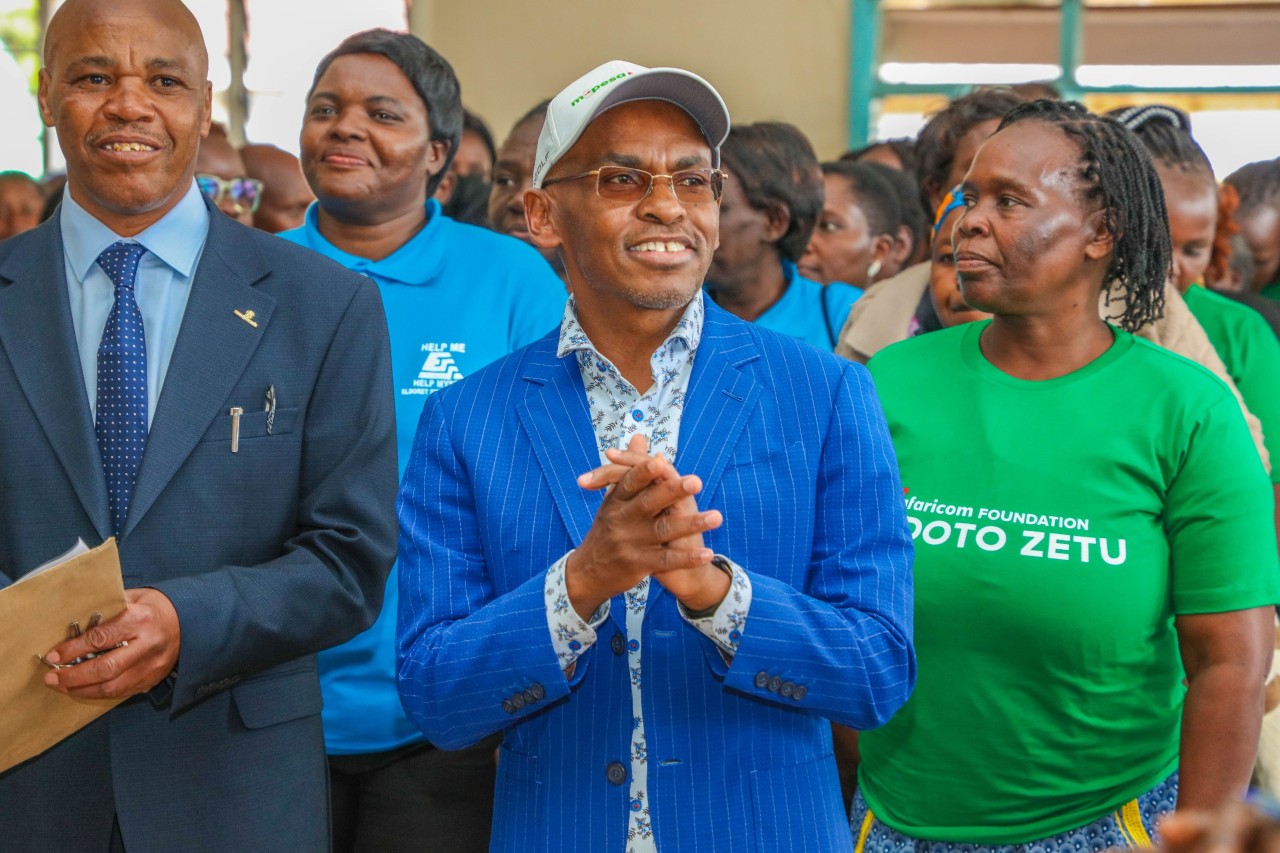Mediamax Network Limited has announced yet another round of layoffs, its sixth in just four years, as the media house struggles to stay afloat in a turbulent and fast-evolving media landscape.
Mediamax is the parent company of K24 TV, Kameme TV, People Daily, and radio stations Milele FM, Kameme FM, Mayian FM, Emoo FM, Msenangu FM, as well as Meru FM.
Mediamax, once a dominant force in Kenya’s broadcasting and print sectors, has cited shrinking advertising revenues, punishing government regulations, and a consumer shift towards digital content as reasons behind the latest job cuts.
In an internal memo seen by Swala Nyeti, Mediamax CEO Ken Ngaruiya acknowledged the grim realities facing the company, saying:
“A challenging macroeconomic environment, rapid digital disruption, and a significant drop in sales volumes have forced the company to reassess its business model.”
Read More
The memo did not reveal how many workers will be impacted, but said those affected will get salaries for days worked, payment in lieu of notice, accrued leave balances, and severance pay calculated at 15 days for every full year served, minus any debts owed to the firm.
This fresh bloodletting round adds to an ongoing shake-up in Kenya’s media industry, where more than 500 journalists and media workers have lost their jobs in the past two years alone.
The trend witnessed is being fueled by the collapse of legacy business models, shifting audience behaviour, and the aggressive rise of digital-first content strategies.
Ngaruiya pointed to deeper systemic issues within the country’s media economy, including poor cash flow from the public sector:
“These issues have further been aggravated by factors affecting the media industry in Kenya, including delays in the settlement of pending bills from both the national and county governments,” he stated.
Adding fuel to the fire, Mediamax revealed that the government’s revised advertising policy and regulatory changes around gaming and betting had struck its revenues sources hard.
“The national government’s decision to single-source one media entity for advertising, and the introduction of unfavourable conditions on betting and gambling advertising have affected sales.”
Kenya’s media houses have been at a crossroads and have been forced to battle for relevance, readers, and revenue in an environment where survival increasingly means going digital or going dark.


 (1)-1752708849.jpg)
-1752670543.jpg)
-1752622003.jpg)

-1752586683.jpg)
